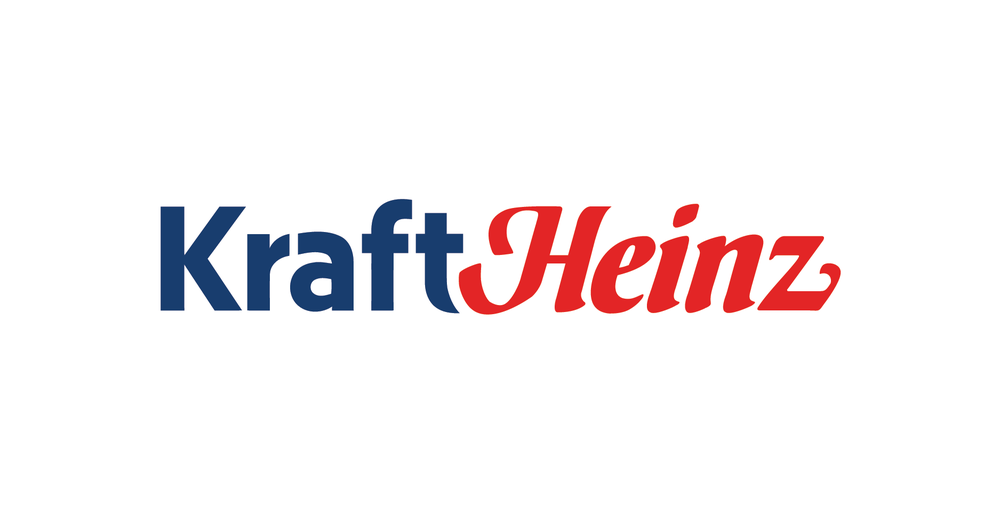Data Consultant at Capgemini
It has been over a year now since I finished the IEM master. During my studies I chose the PLE specialization within the PTL-track. Here my design project focused on a hybrid model involving simulation and optimization to reduce the CO2 footprint of a delivery division of PostNL. For my research project I consciously choose a less technical subject: ‘Understanding the relationship between shared cognition and new venture performance: the role of team attributes’. Next to studying, I have been rather active within the association being involved in several committees and the (advisory) board. Also, I have performed multiple student-assistant roles within the faculty such as learning community coach.
For the starter position I looked at options that would be in a technical domain, involved consultancy, a sort of traineeship program and with many young professionals to enjoy the after workhours with. The Insights & Data division of Capgemini Netherlands offered me exactly that. At I&D I am part of a young professional program of 1.5 years with many training opportunities for both hard- and soft skills. A week after the start I began as a data consultant for the Royal Dutch Air Force. The project focusses on setting up a data governance organization and addressing datamanagement related challenges.
That sounds (and is!!) very interesting and all, but what do these concepts entail? Data governance is about defining standards and policies on how an organization should govern their data. The program aims to identify the right stakeholders to ease decision-making involving data and defining how to organize and use data properly. Data management is more about managing your data as required within the set governance. It embodies topics such as how to ensure my data quality is sufficient for a given purpose, how can we secure our data and what infrastructure is needed to support our information requirements? Discussing data, an IEM’er might directly think of analytical data products or models to provide useful insights. Data governance and data management enforce that all the business requirements are met mainly prior to the use of such products. Hence, we look at the whole data lifecycle from creation to its usage in products to the eventual archiving.
As Nick also wrote in the previous blog: the IT business is booming. The pace of development of AI solutions is tremendous. That is also why the EU is developing the AI act. The AI act basically dictates the rules of engagement similarly to the GDPR-law. In line with this development, an example of an assignment I worked on would be a checklist. The checklist provides a set of norms on how algorithms can be developed responsibly. During the development phase but also after adoption it is crucial to perform risk-management. For example, the data should be fit for purpose, or you risk generating incorrect or skewed information. Another aspect would be to prevent bias through proper algorithmic design. A bad example of algorithmic bias would be the ‘toeslagenaffiare’. Lastly, the checklist describes to think about where meaningful human control must occur. This is especially relevant in the military domain.
In the IT-world you might here creeds such as ‘data is the new gold’ or ‘data will become the next oil’. Regardless of the cliché of such remarks, I encourage that mindset because well, the possibilities seem endless. However, just as with gold and oil we need people who understand both the business value and the technical complexity of data infrastructures and analytical tools. Luckily that is where you as an IEM student can be of significance 😉
If you have any questions, feel free to message me. I will also be present at TaSC, so make sure to register for the dinner if interested. If not; enjoy your remaining years at IEM.

















Comments
Log in to read and post comments